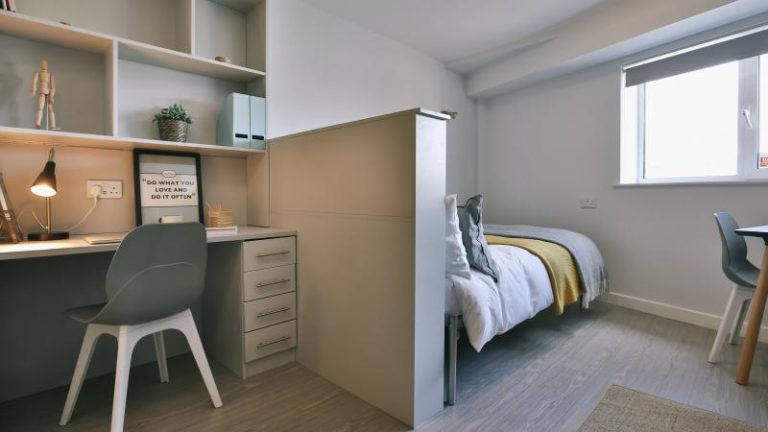For many students, university marks the first time in their lives that they are truly independent. But with this newfound freedom comes a whole load of new responsibilities. Among these, ensuring that you budget appropriately for your student life is of paramount importance. The more you know about your finances beforehand, the easier it will be to work out an appropriate budget. It is therefore very helpful to know how much the essentials of your accommodation are going to cost. Here are some of the most important components of your student accommodation budget. Rent Unless you have some kind of private arrangement, rent is always going to account for the biggest accommodation-related expense. According to Save the Student, the average student rent is £406, with a further £47 being spent on bills. Of course, the amount you are willing to spend on rent, the better the accommodation you will be able to procure. Some students are able to get by with the absolute most basic and minimal accommodation, but for others this can be detrimental to their overall university experience. Upgrading If you are someone who requires more luxurious accommodation than the usual options, you should look to a specialist provider. For example, if you are looking for luxury student accommodation in Newcastle, check out Collegiate. They offer all-inclusive next-level student accommodation in convenient locations. One of their options, Plummer House, is located close to both Newcastle University and Northumbria University and boasts unique features such as a games room, a VIP bar and beautiful interior design throughout the property. This is the perfect option for the most discerning students. Food The amount you need to set aside to cover your food costs will depend on a number of factors, not least of all how much work you are willing to put into your meals. If you are willing to prepare your own meals from scratch, you will find that you can feed yourself for a lot less. If spending more on your accommodation is a priority for you, look for ways to keep your food bills down. Save The Student puts the average monthly food bill for students at £108, which works out at £27 every week. However, you can reduce this amount easily by cooking as much of your food from scratch as possible. It is worth investing in a student cookbook as these will be full of money-saving meal ideas. Other Factors to Consider While your choice of accommodation is obviously an important one in determining what your university experience is like, there are other important things to consider when establishing your budget. For example, you will want to ensure you have enough money left over for some rest and relaxation. Socialising is an important part of the university experience. Overall you will want to set aside at least £400 to cover the costs of your accommodation. However, prices can vary wildly from city to city and between different accommodation types. Make sure that you carefully research the city your university is in so you can get as good an idea as possible as to how much it will cost you to live there. Remember that student housing will be cheaper than the average rent price in the area.





